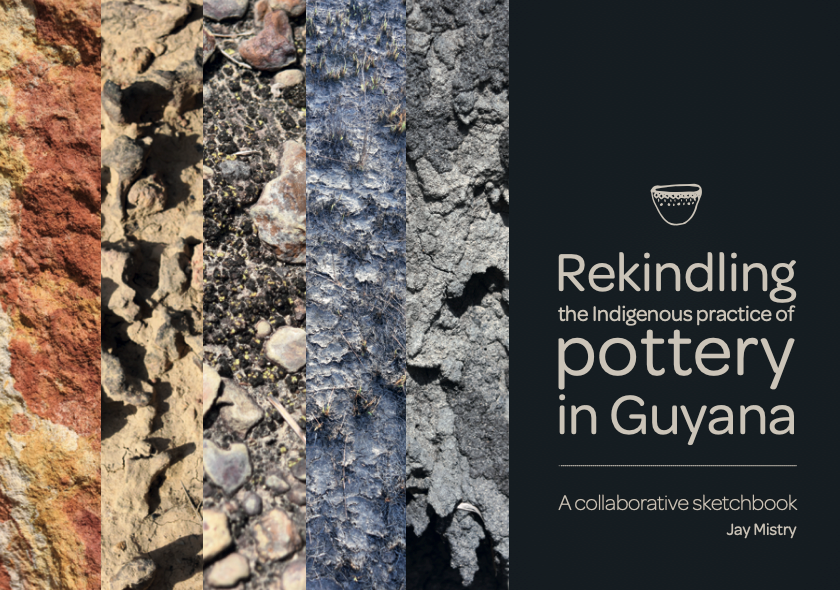There is increasing recognition worldwide that Indigenous knowledge can play a key role in poverty alleviation, biodiversity conservation and climate change mitigation and adaptation. Although Indigenous knowledge is undoubtedly dynamic and responsive to change, historical processes of colonisation, resource extraction, the extension of state governance, and rapidly changing socio-environmental conditions, have led to significant disruption in Indigenous livelihoods and cultures. Traditional craft practices are intimately linked to sustaining these cultures and play an important role in remembering and enriching Indigenous heritage, strengthening Indigenous identity, and promoting the sustainable management of local natural resources and biodiversity.
In the North Rupununi, and throughout Guyana, Indigenous craft practices are on the decline. Following language, craft making has been identified by Indigenous communities as one of the most important Indigenous knowledge indicators. Men, women, and youth identify loss of knowledge and skill related to craft making from different perspectives: women from a point of view of food security, men in terms of livelihoods and income generation, and youth with regards to not benefitting from knowledge transfer.
There are only a small number of potters remaining in the North Rupununi. However, there is a revival in interest through the social enterprise Wabbani (http://Wabbani.com and http://Wabbani.gy). Besides basketry, cotton weaving and furniture making, Wabbani is in the early stages of reviving the use of an ancient clay source to develop livelihood opportunities for remote villages through ceramics. Initial analysis by Wabbani has shown that there is a market need amongst ecolodges, hotels and other middle-class consumers in Guyana for high quality ceramic products.
This project will ask the following research question: How can the ceramic practice of Indigenous potters in the North Rupununi, Guyana be enhanced to promote collective identity, self-worth and economic development?
Lead contact: Jay Mistry (email - bio)
Art output 1
Location:
Guyana
Partners:
Yupukari and Fly Hill villages, Caiman House Inc. and Wabbani
Funder:
British Council (UK)
